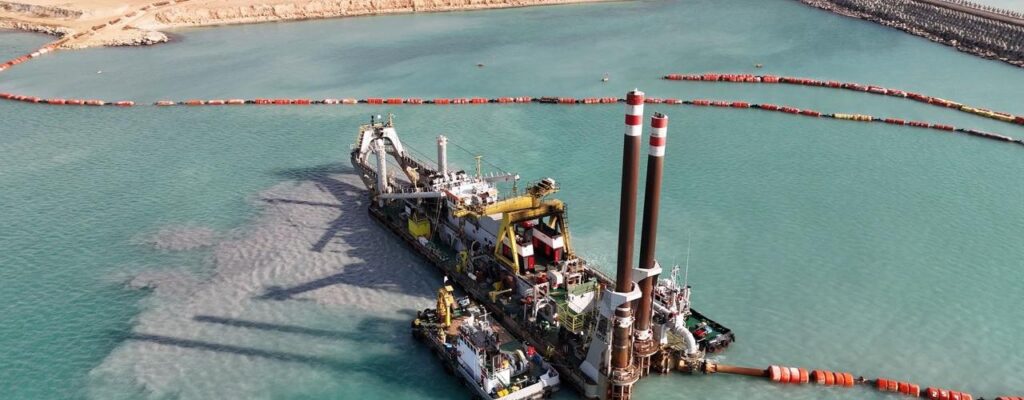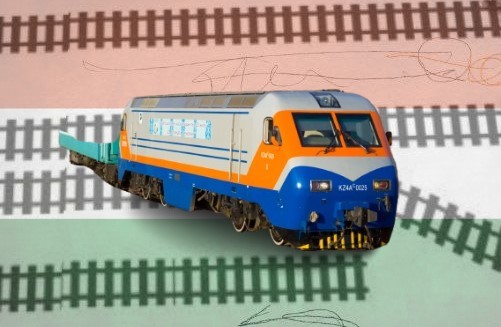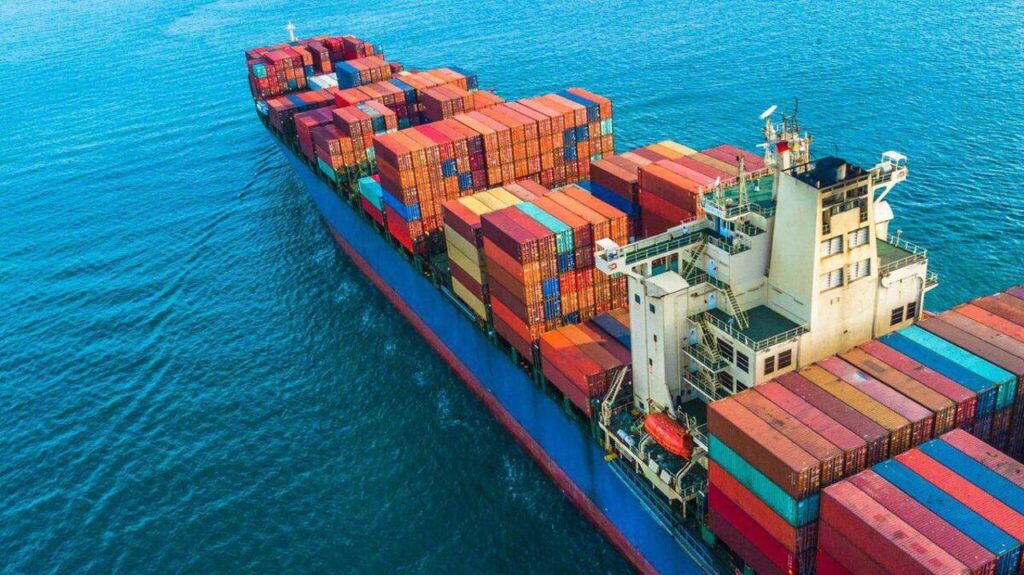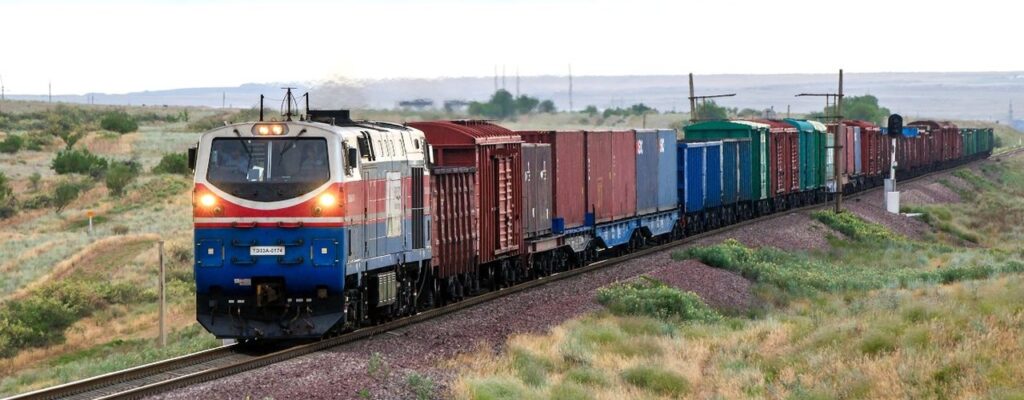300th Container Train Departs Along Trans-Caspian International Transport Route
Kazakhstan Temir Zholy (KTZ), the national railway company of Kazakhstan, announced on December 2 the departure of the 300th container train of the year from the Kazakh-Chinese terminal in Xi’an, China, along the Trans-Caspian International Transport Route (TITR). This milestone highlights the growing strategic importance of the TITR, also known as the Middle Corridor, as a vital transport artery for fast and efficient cargo transportation between China and Europe. Expansion of the Middle Corridor The Kazakh-Chinese terminal in Xi’an, launched on February 28, 2024, has become a key logistics hub for the region, consolidating cargo from across China and streamlining logistics operations. This development has provided a significant boost to the TITR, which saw only 11 container trains traverse the route in 2023. The 300th train, bound for Azerbaijan, was organized by KTZ in collaboration with ADY Express (Azerbaijan) and Xi’an Free Trade Port (China). This partnership underscores the cooperative efforts between countries along the route to enhance connectivity and efficiency. Strengthening Regional Cooperation On November 12, Kazakhstan, Azerbaijan, and China signed an agreement to establish an inter-modal cargo terminal in the Port of Alat in Baku, Azerbaijan. This new facility aims to further facilitate the smooth flow of goods and boost trade along the TITR. Kazakhstan’s Ministry of Transport has outlined ambitious goals for the corridor, aiming to increase cargo traffic to 600 container trains per year in both 2025 and 2026. The target rises to 1,000 trains in 2027 and 2,000 by 2029, reflecting the corridor’s growing role in global trade logistics.






